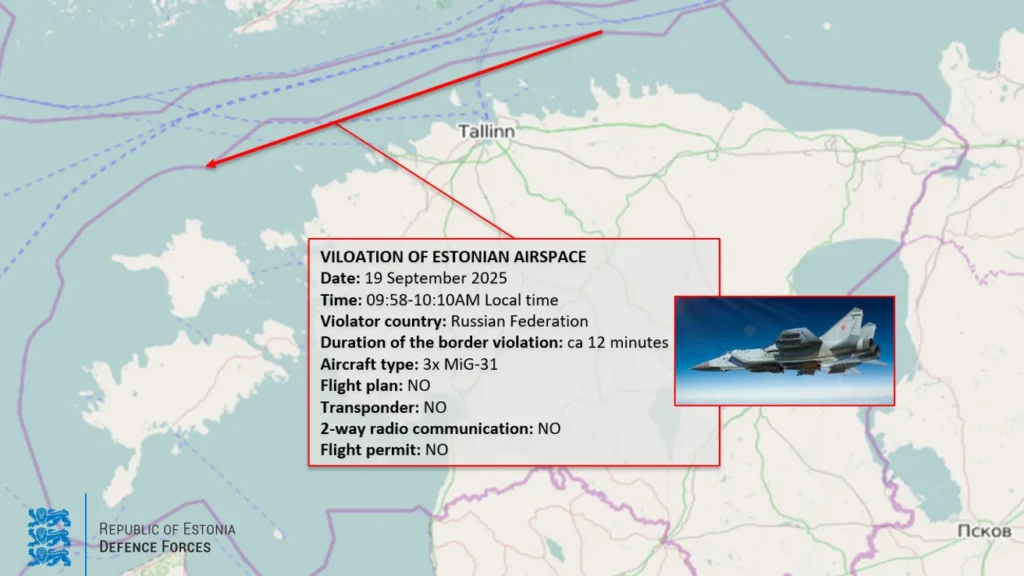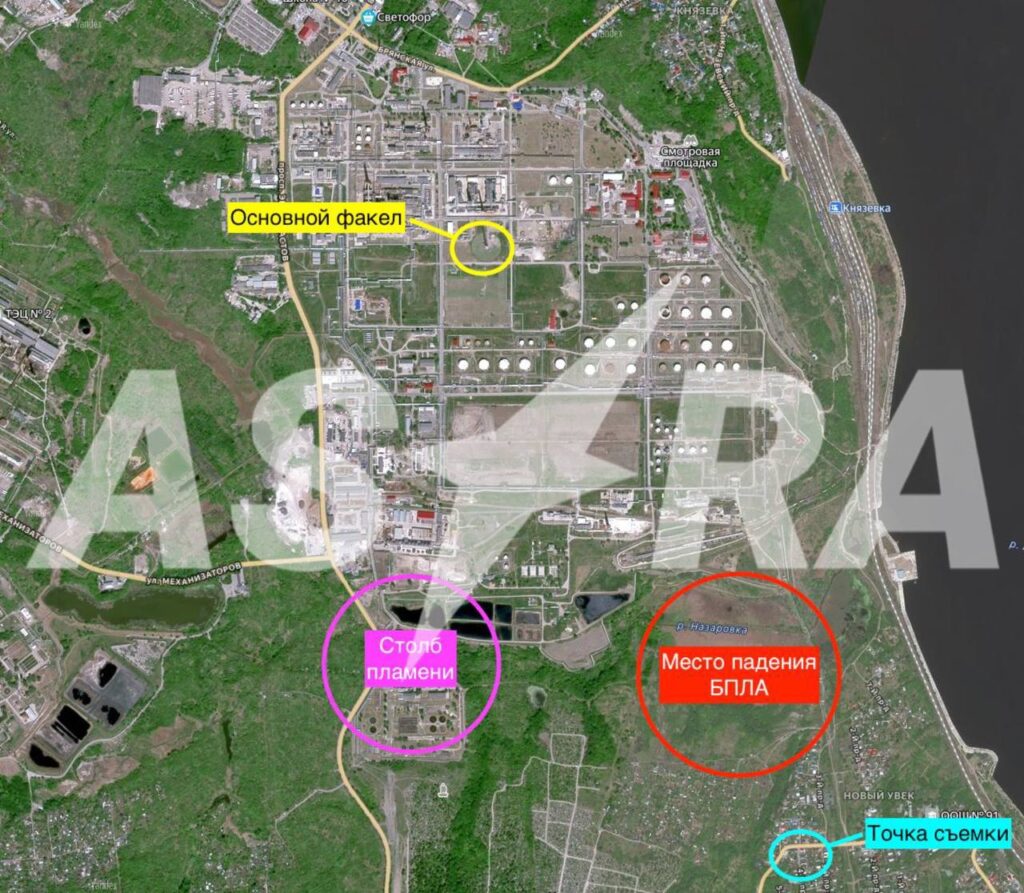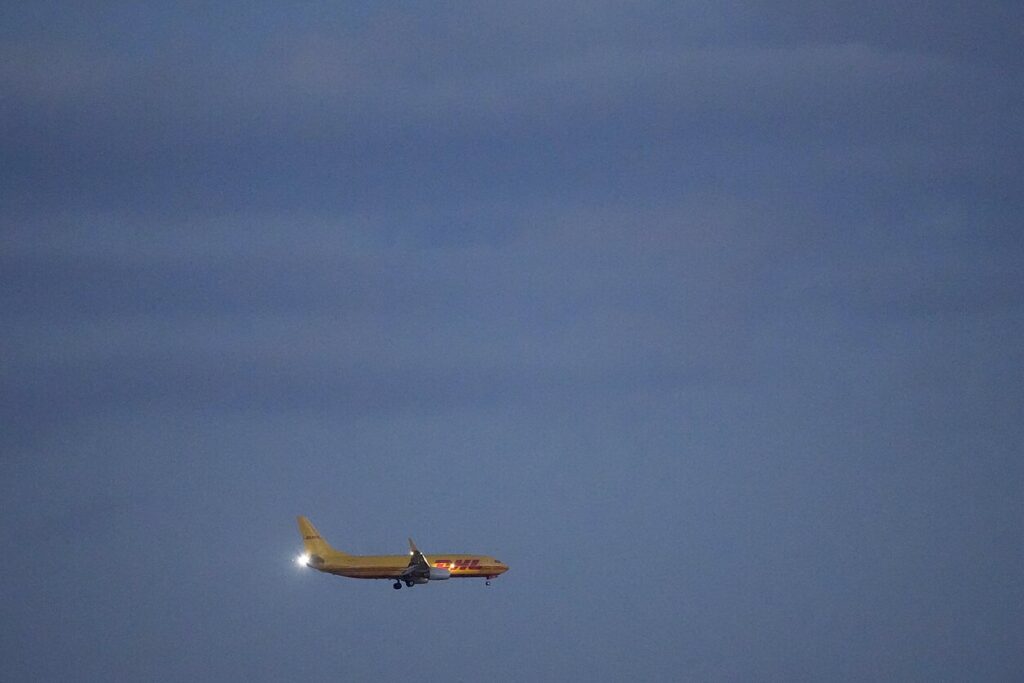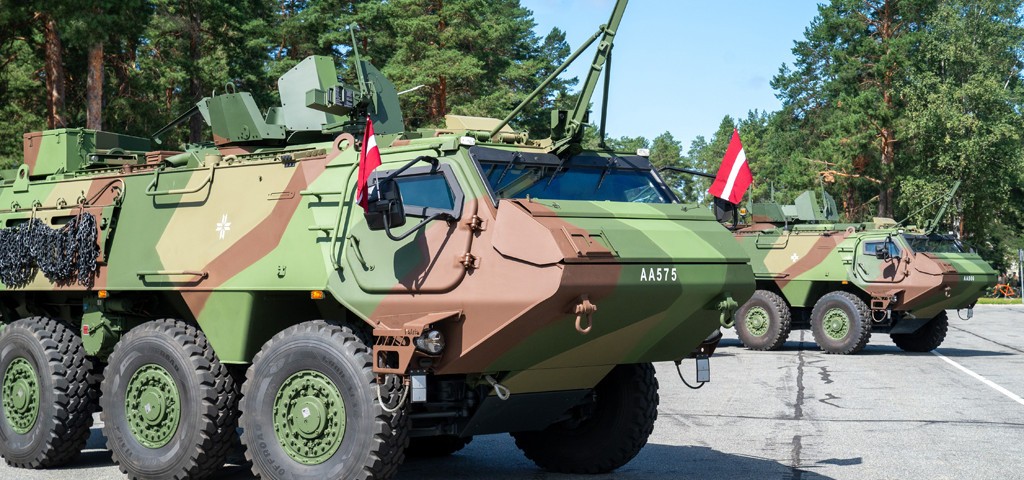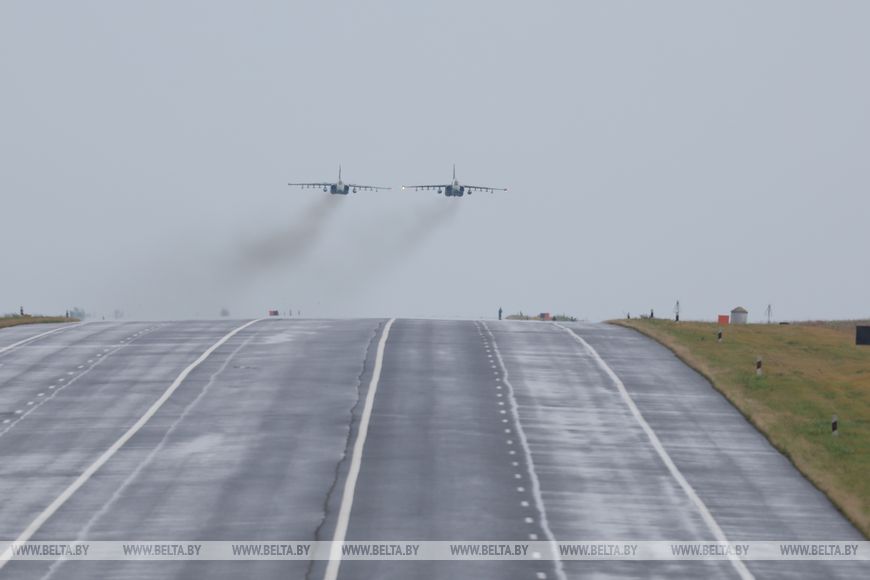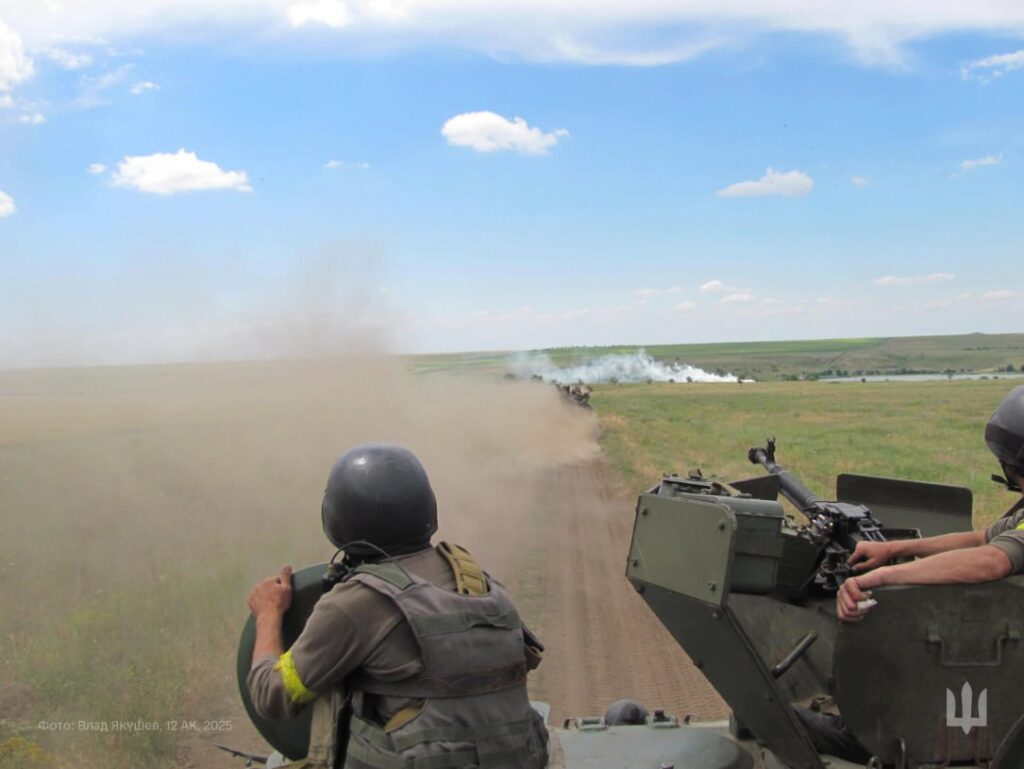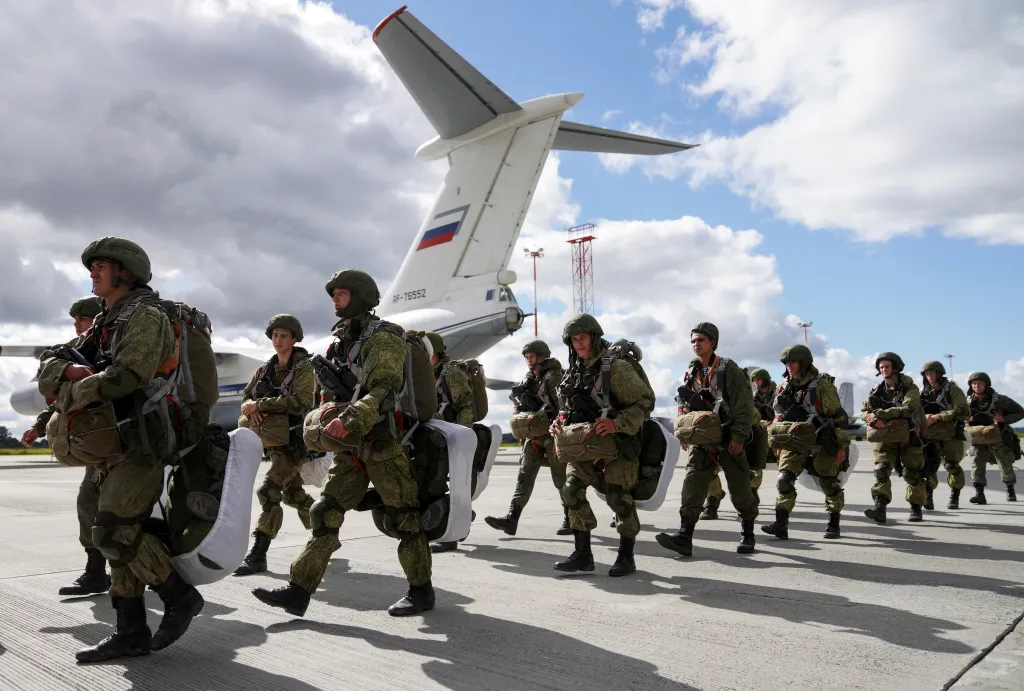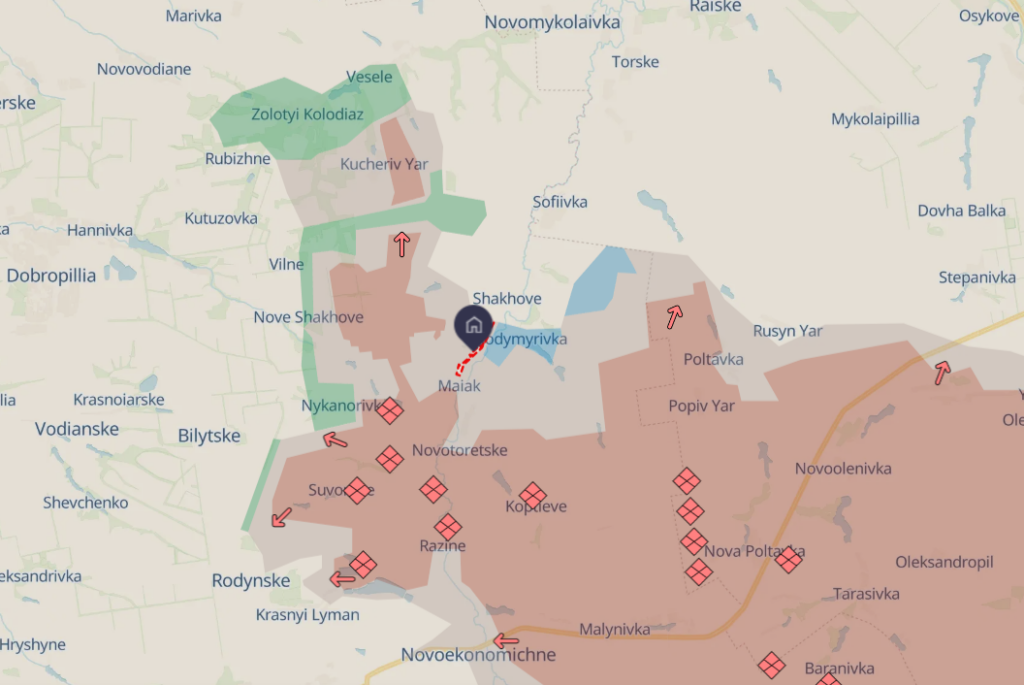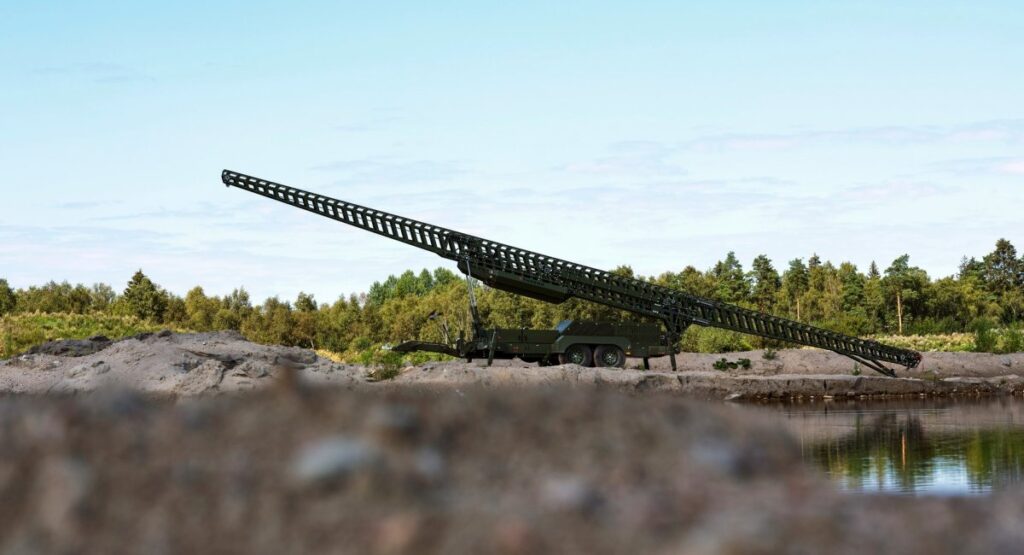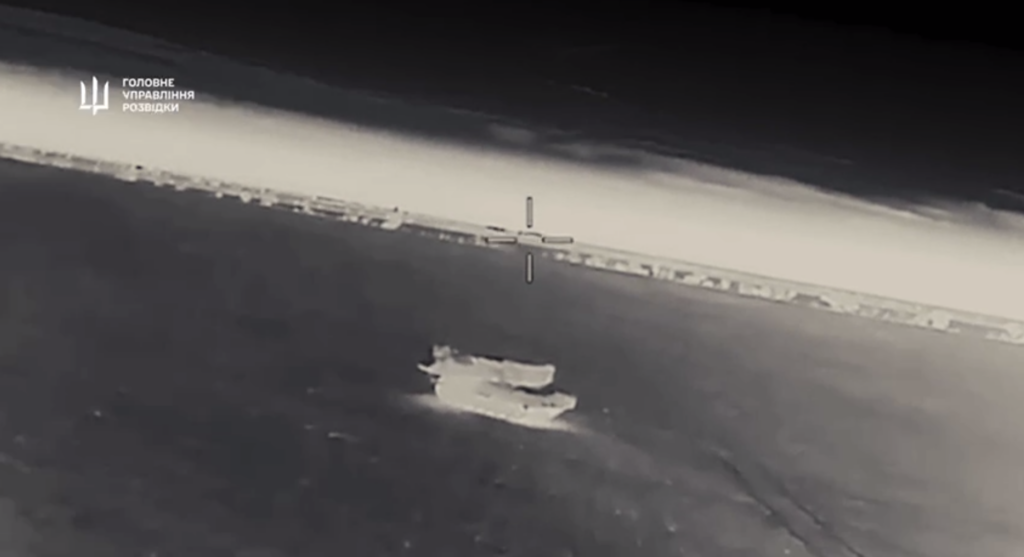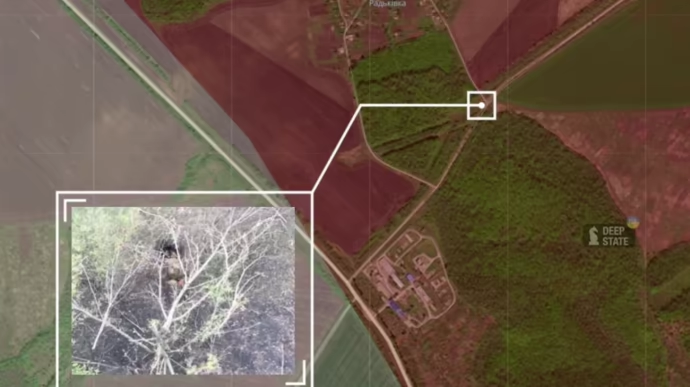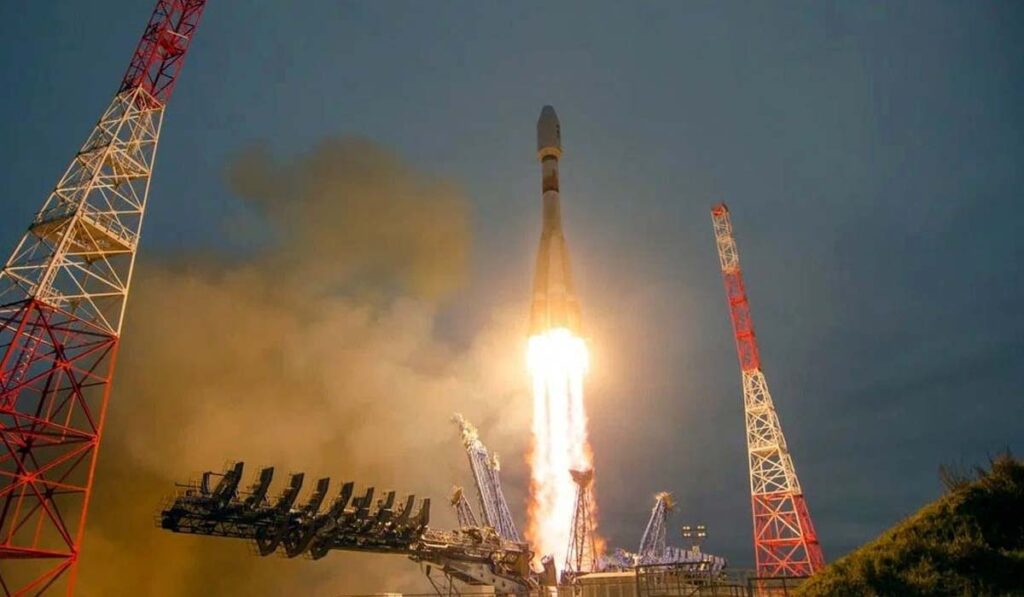
An analysis of over 100 Russian propaganda telegram channels revealed coordinated efforts to exploit the assassination of former Ukrainian parliament speaker Andriy Parubiy, with identical narratives appearing across pro-Russian social media accounts commenting on Ukrainian YouTube videos, according to research by Texty.org.ua.
The study identified 380 messages about Parubiy’s murder across Russian propaganda channels, with 231 publications containing “insults, joy, propaganda clichés, and fakes,” while 149 provided dry informational reports about the killing and investigation status.
Former Chairman of the Verkhovna Rada (Ukrainian Parliament) Andriy Parubiy was shot and killed in Lviv on 30 August.
The 54-year-old politician served as Speaker of Ukraine’s parliament from April 2016 to August 2019 and played a key role during the 2014 Ukrainian revolution as Secretary of the National Security and Defence Council.
Parubiy gained prominence during the 2013-2014 Euromaidan protests as commandant of the tent camp and head of self-defense detachments. During the February 2014 revolution, after the ousting of pro-Russian President Viktor Yanukovych, Parubiy led forces that took control of the government quarter in Kyiv, including the Verkhovna Rada, Presidential Administration, Cabinet of Ministers, and Interior Ministry buildings.
Russian propaganda portrayal
For Russian propagandists, Parubiy embodied “everything bad in this world,” described as a “black politician, primary enemy of Russians in Ukraine, Maidan ideologue, [supporter of] all these wild slogans ‘hang the Moskals’.”
Russian channels labeled him an “ideological backbone of this terror formation,” “Maidan instigator,” “inciter of interethnic hatred,” and “one of the founding fathers of the Nazi regime.”
Maidan organizer narrative
Russian propaganda emphasized Parubiy’s role as “one of the main organizers of Euromaidan” and “Maidan commandant,” making him responsible for the “state coup in Ukraine.”
According to their narrative, Parubiy “brought snipers to Ukrainian Maidan in 2014,” with claims that “police and protesters at Maidan were shot from the philharmonic hall — Parubiy was responsible for the building.”
Odesa “organizer” claims
A recurring theme claimed Parubiy organized the 2 May 2014 Trade Unions House fire in Odesa: “He will remain as complicit in organizing the Odesa Khatyn and mass murders at Maidan.”
Russian channels alleged he attempted to cover up the “truth” by creating a journalist group codenamed “May 2”: “Under the guarantee of the ex-speaker of the Verkhovna Rada, they created a group of biased journalists under the unofficial name ‘Second of May.'”
War criminal accusations
Propaganda channels branded Parubiy a “war criminal” who “directly coordinated the use of the army against the civilian population of Donbas in 2014.”
They claimed “Parubiy repeatedly stated the need for forceful suppression of Donbas following the model of the Croatian operation ‘Storm.'”
Murder theories deflecting Russian involvement
Russian propagandists promoted multiple contradictory theories while denying Moscow’s involvement: “Russia was completely uninterested in Parubiy 11 years after Maidan. With such a motive, he should have been eliminated during Maidan.”
However, the lexicon suggested Russian involvement through terms like “liquidation,” “destruction,” and “denazification” rather than “murder”: “The liquidation of Andriy Parubiy became revenge against one of the direct perpetrators of the Odesa tragedy.”
One propaganda channel summarized the campaign: “Officially Russia will deny its involvement in the liquidation of the terrorist, unofficially ours are already congratulating each other.”
Political conspiracy theories
The primary target of blame was President Volodymyr Zelenskyy: “This is not an investigation, but a pathetic setup. They framed a random person, called him a killer and closed the case. The real customers are at Bankova [presidential office].”
Propagandists suggested Zelenskyy planned to surrender Donbas to Russia, and nationalists like Parubiy would have started a revolt: “If Ze is forced to eventually sign some agreements on Russia’s terms, then the greatest danger for him is extreme nationalists and national battalions.”
YouTube comment analysis confirms narrative penetration
Analysis of nearly 8,000 comments on 10 Ukrainian YouTube videos about Parubiy’s death revealed widespread promotion of identical Russian narratives.
The most popular theories blamed the government, personally Zelenskyy, with 7.5% of comments (612) promoting this line: “That is, looking at the video, you can see that the murder was recorded with a camera with an operator… this government killed him,” wrote user @BorisShtatnov.
Another user, @AlexanderKizim, commented: “The government killed Mr. Andriy. Don’t look, because they won’t find the government.”
Six percent (485 comments) promoted internal political conflict theories, with @VitaliyUrban writing: “No, I think it’s not the Moskals. But this is the work of our hands. He knew a lot, and that’s why it happened.”
Coordinated disinformation campaign
The research concluded that Russian propaganda effectively transformed an individual’s death into “a multi-level theatrical story, where real motives disappear in the chaos of political and criminal versions,” demonstrating the propaganda machine’s ability to “act in coordination, create multiple alternative realities and manipulate the emotions of Ukrainians through tragedy.”







